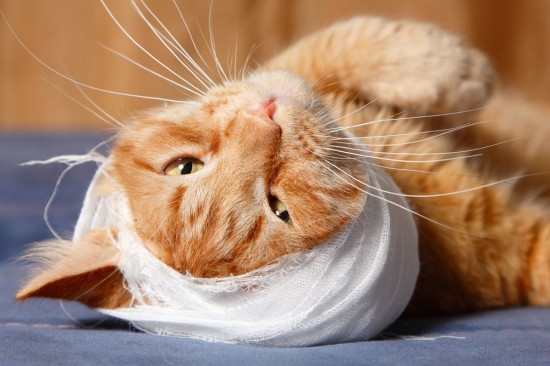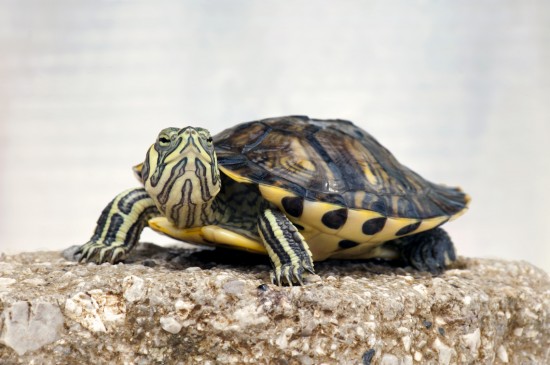
With millions of pet lovers opening their homes and their hearts to warm-blooded animals such as dogs, cats, birds, bunnies, ferrets and more, pet dander has become a huge problem. Even if each pet only shed 10 flakes of dander a day (and that number is a gross under estimate) the numbers are staggering. Here are 7 important things to know that will help you deal effectively with the problem.
Will changing the type of pet help get rid of the problem? If you switch from warm-blooded pets such as cats, birds, dogs, bunnies, ferrets, and other warm furry love to cold-blooded pets (this refers to their metabolism rather than their personality) such as snakes, lizards, or fish then yes your dander problems will evaporate.
Is there anything that can be done to stop its production? Shedding these microscopic flakes of skin is an indication that your pet's body is replacing the old skin with newer skin that is more able to protect the body from disease and infection.
This process will continue as long as you have your pet and remains healthy. So this is good news for your pet and not so much for you.
What is the best thing to do if you are allergic? You can talk with your veterinarian about a schedule of bathing. This will reduce the amount of flakes that are available to go airborne.
Do different types of pets produce less than others? Shedding is an individual trait. Just as some people are more prone to have dandruff, some animals within a species are just more prone to heavy dander.
You can certainly help your chances by doing research on the type of bird, dog, cat, ferret, or bunny before you bring it home. But if you're having this problem with a pet you've already bonded with hind sight is 20/20.
Will baths help reduce the amount in the air? Baths will surely help the flakes of skin to be washed away before they have a chance to become airborne. But the thing to remember is that you can only reduce the amount rather than completely eliminate it
Is frequent cleaning a help or a waste of time? Cleaning on a regular basis is really helpful in minimizing the amount of dander that is available to go airborne with daily movement of people and air currents. The less there is on surfaces, the cleaner the air will stay. And if you or someone in your family is allergic, this is an effective way to reduce the exposure to the trigger.
What products can help? First, vacuum rather than sweep, and damp mop and dust rather than feather dusting. The object of cleaning is to keep as much out of the air as possible.
With that said a HEPA (or high efficiency particle arresting) vacuum cleaner filters any air before it is returned to your room so that it really traps what it has sucked in rather then simply sending back out at you again.
A HEPA air purifier is also an excellent way to continually filter the air. This will continually remove the dander that results from healthy warm-blooded pet.
he Pet Dander Air Purifier is an excellent and effective solution to the problem. See it now at http://purerair.com/pet_dander_air_purifier.html
 Pet Insurance - Myths And The Facts
Pet Insurance - M
Pet Insurance - Myths And The Facts
Pet Insurance - M
 Keeping Turtles As Pets
Keeping Turtles
Keeping Turtles As Pets
Keeping Turtles
 Controlling A Dogs Reactivity To Other Dogs
Controlling A Dog
Controlling A Dogs Reactivity To Other Dogs
Controlling A Dog
 Five Safe And Effective Ways To Keep Your Cat Out Of Parts Of Your Garden
Five Safe And Eff
Five Safe And Effective Ways To Keep Your Cat Out Of Parts Of Your Garden
Five Safe And Eff
 Dogs for Sale – The Places To Start Your Search
Dogs for Sale – The Places To Start Your Search
Dogs for Sale – The Places To Start Your Search
Dogs for Sale – The Places To Start Your Search
Copyright © 2005-2016 Pet Information All Rights Reserved
Contact us: www162date@outlook.com